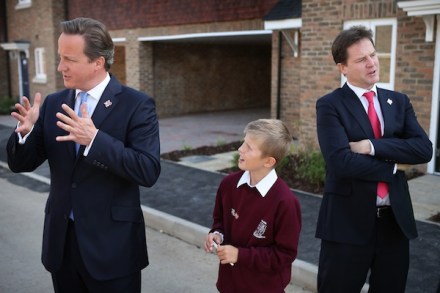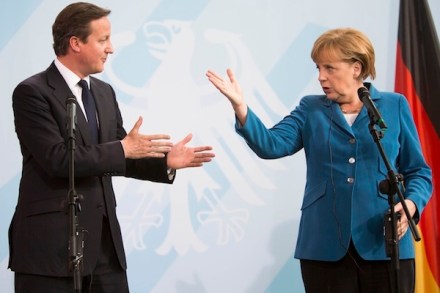David Cameron disagrees with Nick Clegg on capital spending
Nick Clegg was apparently just being self-critical in his House magazine interview when he said the Coalition hadn’t got it right from the beginning on infrastructure. Those close to the Deputy Prime Minister are insisting that though speaking out on economic policy remains unusual in the Coalition, he was simply pointing out what has actually happened, with the government now offering more on capital spending. But at this morning’s lobby briefing, the Prime Minister’s official spokesman didn’t exactly take that same tone. ‘The Prime Minister’s view is that it was the right decision to have made,’ he said, pointing to increases in infrastructure spending in the last two autumn statements.





















